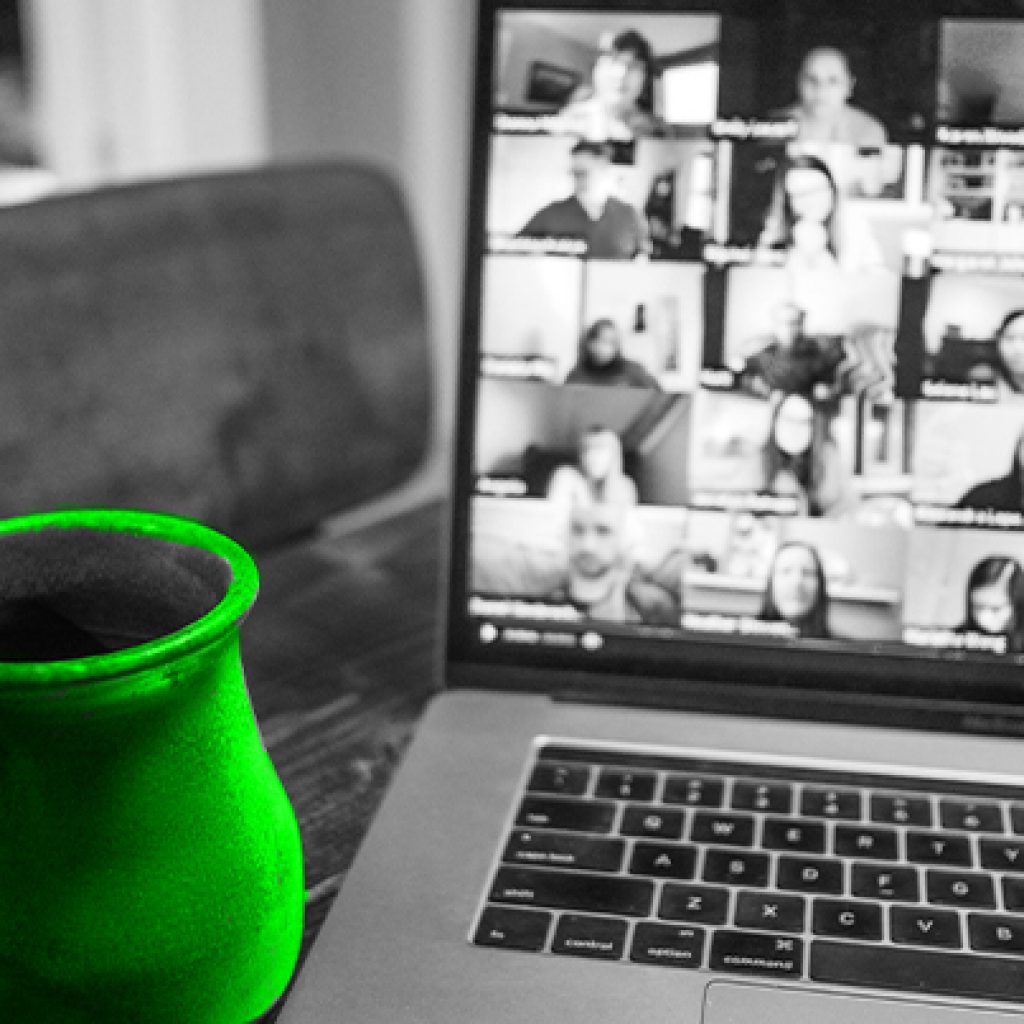
Many organisations were looking to embrace Digital Transformation (DX) seven years ago. At the time it was considered to be this all encompassing and chewy topic every business wanted to try and tackle. To a degree it felt a bit like managing Y2K and the fear of missing out all over again.
DX meant that organisations looked to automate and digitise processes and experiences at speed. Especially to improve customer experiences, for example installing chatbots and claiming, ‘we’re transforming/digitising’. Unfortunately, this came at a cost for many, typically with that automation being over-engineered, complex and not being optimised. Back to chatbots – many customers became frustrated because their experience was poor and expectations unmet, so they ended up talking to agents again – exactly what businesses were trying to reduce. At the time, implementing chatbots was considered ‘de rigour’ in the path to achieving a key part of organisational DX.
Fast forward to the pandemic – DX didn’t go away – however, the pandemic meant that the enablement of DX slowed down and resources and budgets were frozen – everyone was unsure of what was going to happen. What we did experience was a huge spike in customers/citizens/patients using good old voice to find out what they could or couldn’t do. What were the rules? How best to manage my finances? Am I eligible for a vaccination? Highly emotional interactions that meant agents and employees were being stretched to the limit – great use cases for the benefits of DX.
Video grew massively as a collaboration channel for both personal and professional use with a huge uptake in both Zoom and Teams. And communication volumes across all modalities grew exponentially. So, what did we see now in the path to effective and meaningful DX? Simplification with a focus on specific use cases.
Using a service design approach, I helped my customers adopt a stepped methodology to achieving Digital Transformation. Steps that would both deliver against the business need and deliver greater customer and employee experiences at the same time.
I delivered these solutions using a combination of SaaS and API capabilities, integrating them into an organisation’s existing infrastructure. Throughout the pandemic this removed a need to ‘rip and replace’ and enhanced their seemingly ‘glass ceiling’ existing platforms.
Those connection points built into systems that gave people more info – they made people feel more empowered and made the company more credible and therefore trusted. That’s when digital transformation became more deliverable, more simplified, and measurable.
One of the biggest benefits was getting customer self-service right. Automating key elements of this enabled many organisations to build a strong foundation to transform around. This has led to many of them now viewing Gen AI in a more informed and structured way than seven years ago, plus there are far more tools to support getting it ‘right’.
So how should DX benefit you?
- It is relevant to the experiences you want to deliver or process optimisation.
- It should create value and quickly.
- Review easy integration into your CRM or collaboration systems – the information you can take from your customer at first point of contact is valuable data for employee engagement.
- Transformation tool kits should provide a visualisation and reporting suite that provide meaningful BI data – historically it was the voice of the customer or employee that told you that transformation was not working.
- Scalability. Many organisations had limitations across multiple resources, I found that you could remove these by layering DX automation and deflection capabilities into those resources, almost limitlessly scaling through SaaS and API integrations.
- Customer and employee satisfaction should be at the heart of it all – if DX has delivered value, efficiencies, and meaningful outcomes then satisfaction levels should increase.
Much of what was delivered during and since the pandemic has been to give customers effective and trustworthy methods of self service through any modality of their choice. It was simply a robust enterprise approach to the food delivery and taxi services we all now take for granted.
We have seen a step change in what Digital Transformation actually means and delivers. It does not have to be complicated to have rapid and positive effects on your business. It can be something as simple as digital deflection – sending a waiting caller a SMS with access to information you’ve validated they’re asking for, in turn helping them to self-serve. A far better outcome than the customer giving up and abandoning their call.
Forgive the cliché but DX is not a destination but a journey, and one many customers and employees are happy to go on as long as it brings meaningful outcomes. So, keeping your customers in mind at all times is imperative, because we are all customer facing at the end of the day.
smart/tasking has a wealth of experience navigating business change and transformation and delivering the best outcomes for many organisations, so if you’re on a similar journey and need support – drop me a line and we’ll talk!
More insights:









